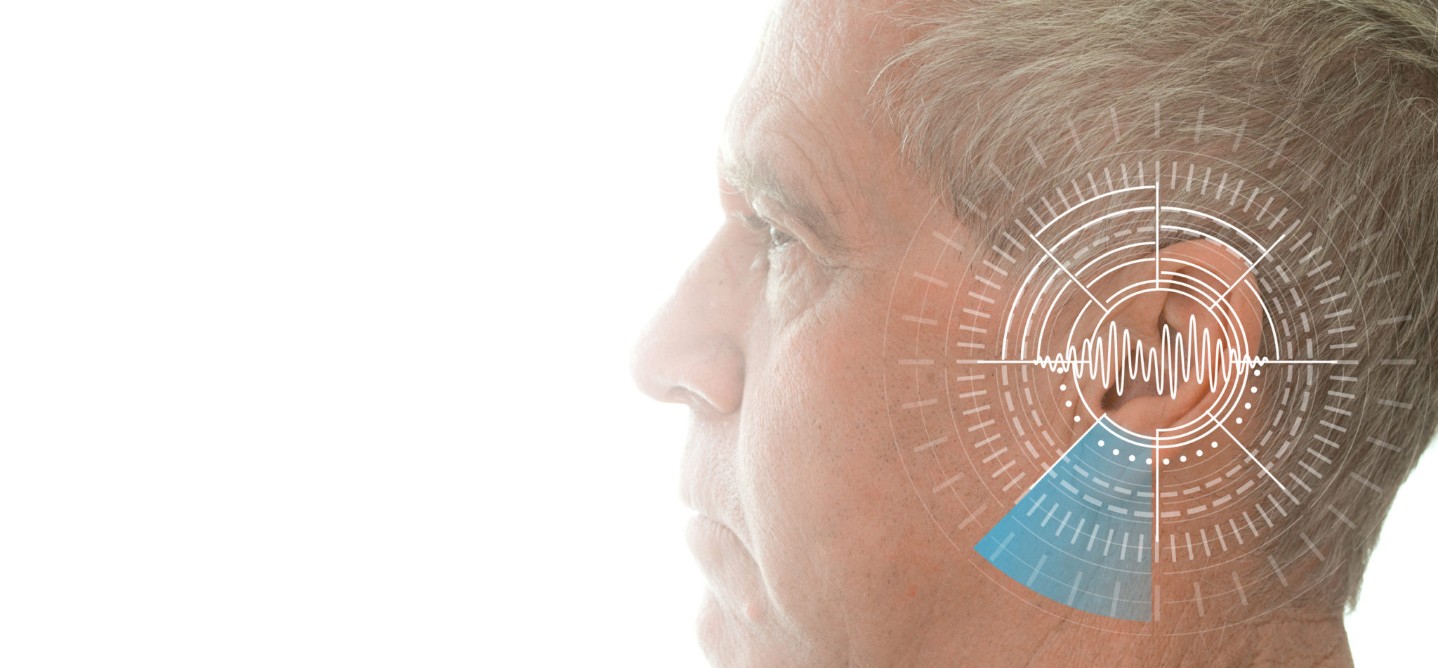
Can You Hear Me Now? Tips on Preventing Hearing Loss
Midwesterners are known for their hard work, especially in the agriculture field. Farmers are around equipment like tractors, combines, fire arms, chainsaws, tools, livestock, etc. on a regular basis. Many of my patients do not recognize that the things they are around or use regularly can cause permanent and irreversible hearing loss. For many people, farmers included, hearing loss comes on gradually over the course of many years. It’s something they don’t even notice until it affects their quality of life or their ability to interact with loved ones. The good news is hearing loss from loud noises is 100% preventable.
When Loud is Too Loud
It’s easy to overdo it on noise without realizing it. Here are four signs that sounds are too loud:
- If you have to turn something off in order to hear another person talk.
- If you have to speak louder than normal for others to hear you.
- If your ears ring after being around something.
- If you notice that your hearing feels like it declines for a short period of time after being in a loud environment.
If you want to get more technical, you can download an app on most smart phones to help estimate or measure the loudness of sounds through a “sound level meter.” This chart provides an idea of safe/unsafe sounds based on length of exposure.
| Maximum Time/Day | Sound level in dB | Examples of noise source at sound levels |
| 2.5 hours | 90 | ATV, push lawn mower |
| 95 minutes | 92 | Enclosed cab tractor or combine, grain auger |
| 47 minutes | 95 | Air compressor |
| 30 minutes | 97 | Shop vacuum |
| 15 minutes | 100 | Pigs squealing, table saw, irrigation pump |
| 9 minutes | 102 | Riding lawnmower, pressure washer |
| 4 minutes | 105 | Tractor, combine (no cab), grain dryer |
| 1.4 minutes | 110 | Leaf blower, metal grinder |
| <1 minute | 115 | Chainsaw |
Adapted from : www.extension.org/pages/62258/hearing-loss-and-protection-for-agricultural-producers
Hearing Loss Prevention Tips
So, what can you do about noise you can’t avoid? The first thing I tell all of my patients is to PROTECT, PROTECT, PROTECT! That’s right, protect your ears. Wow, I repeated that a lot, so hopefully you all take it to heart! I do not care if you use earmuff-style hearing protection, foam ear plugs, or a combination of the two (yes, you can use both). Just make sure that whatever form of protection you use fits properly on your head or is inserted appropriately (for the foam style of ear plugs) in your ears. Be sure to look for protection with a larger Noise Reduction Rating or NRR (at least a 30 NRR value).
Other things you can do:
- Stay up to date on the maintenance of all of your equipment.
- Ask about quieter options when purchasing new tools/equipment.
- Try rotating your chores to reduce the time that you are exposed to loud noises.
- If possible, isolate yourself from the loud noises by using equipment with enclosed cabs.
- Keep extra ear plugs around the equipment and the areas where you have loud equipment.
Help for Hearing Loss
While you cannot reverse the effects of hearing loss, there are things that you can do to help your hearing. Audiologists are trained to perform specialized tests to evaluate your hearing, diagnose any loss, and assist you with your hearing needs. If you have any concerns about decreased hearing or ringing in your ears, CHI Health ENT & Audiology is happy to help.
Stay Informed
When you need local health information from a trusted source, turn to the CHI Health Better You eNewsletter.
Categories
- Accelerated Nursing Program
- Advanced Directives
- Audiology
- Bereavement
- Brain Health & Neurology
- Cancer Care
- Community Benefit
- Coronavirus
- Dermatology
- Diabetes Care
- Ethics
- Farmers Market to Table
- Gastroenterology
- Heart Health
- Kidney Health
- Lung Health
- Maternity Care
- Mental Health
- Nutrition
- Orthopedics
- Otolaryngology (ENT)
- Parenting
- Pediatrics
- Pharmacy
- Physical Therapy
- Recipes
- Rehabilitation Care
- Research
- Sports Medicine
- Urology
- Weight Management
- Wellness
- Women's Health

